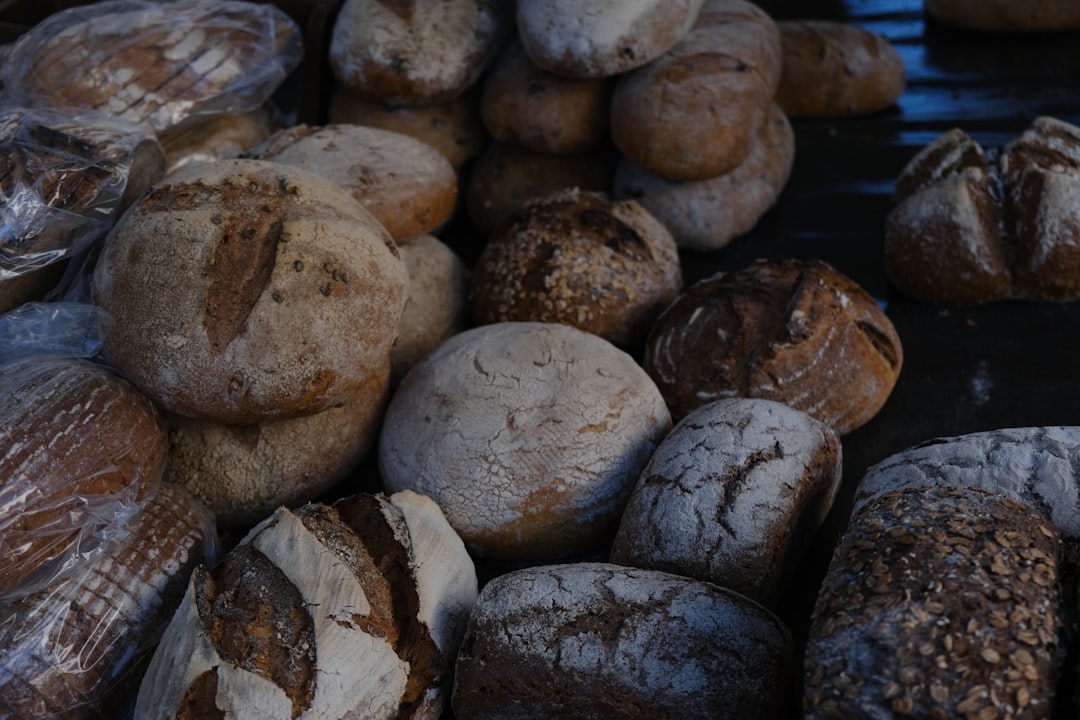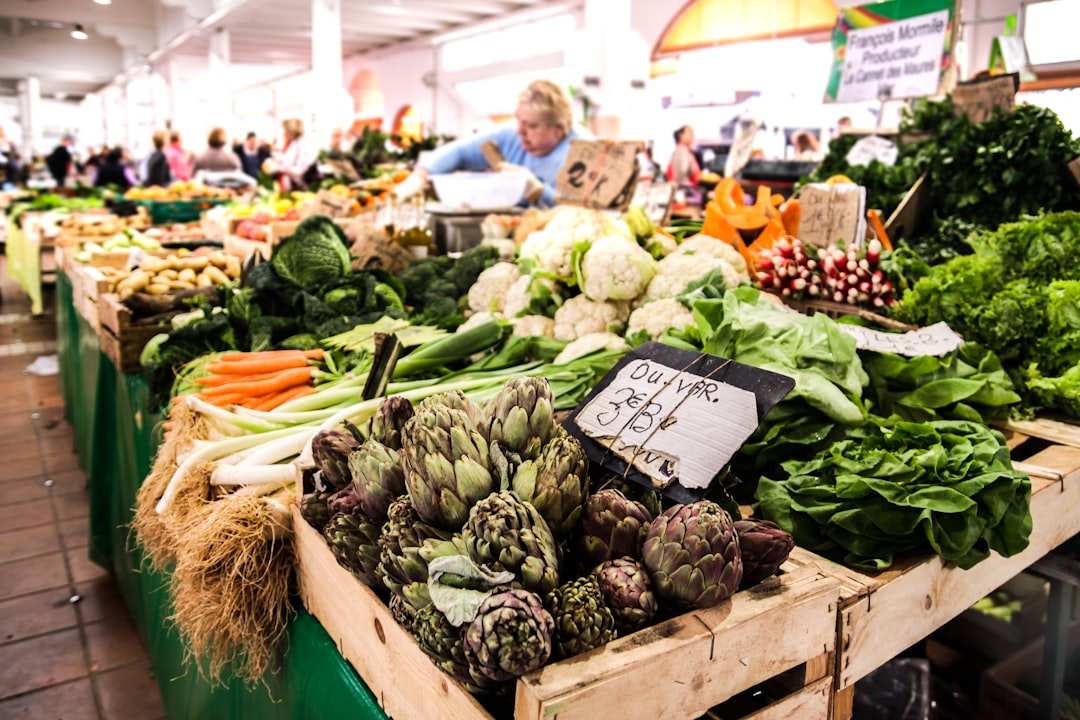Companies are starting to respond to the demands of women consumers by developing foods and food products to be more adaptable to their tastes. The lactose free movement is redding even the most stubborn of lactose intolerant consumers to eliminate products containing lactose. The internet is starting to fill the demand of many women with nutritional information, recipes, and easy delivery services.
Most companies that offer lactose free products also offer dairy free options. Finding the right combination of dairy free and lactose free products can be tricky. One option is to select a ready to mix readily available products, such as yogurt and milk. Dietitians and other nutrition experts suggest avoid over consumption of lactose and dairy products because it can lead to bloating, cramping, joint pain, and mineral deficiencies.

A recent search for dairy free cheeses online turns out several highly nutritious options. They include:
Other egg producing countries are also responding to the demand from women 25 and older. Many of these countries are experiencing a decline in birth rates as more and more hazardous sex-related conditions are affecting the population.
The move is part of a global movement. The internet is giving a voice to consumers who are upset about high health care costs and issues affecting the environment. Women are independent thinkers, and they have a certain say in the direction that their country’s agricultural products take.
It is also an opportunity for countries to explore the benefits of using more locally produced agricultural products. Workers and farmers alike in all parts of the world are seeing the benefits of farming and animal husbandry. These are providing a middle class existence for many people and a more humane way of life.
Fighting climate change
Boosting crop yields
Providing a means to increase food production economically
Providing a means to reduce food imports
Modern recognition of the importance of farming to providing a steady supply of food
Boosting food storage
Modern recognition of the importance of considering the environment as a priority
jeopardizing the Concordance between economic growth and environmental protection
Shifting towards locally grown agricultural products
Advocating for laws that favor domestic and industrialized agricultural products
Let’s keep farming green
The shift of growing vegetables and fruits to Reliable, renewable resources like Hydroponics, GMOs, and others, is one of the most important greening processes that you can take to ensure that your food supply remains safe to eat, while protecting the environment.
You might be surprised to learn that there is already one environmental technology, and that is Truing for Water, a hydroponic growing technique. This is growing technique that uses the water itself to turn waste into edible plants. Just consider the amount of water that will be saved if you put a plant called a scallop in your dinner table.
While these techniques are impressive, they are nothing compared to the level of maturity that is being driven by technology. The advance of technology is showing us that it is possible to grow plants in the soil that will ultimately result in a healthier people and a saner planet.
The most Covering up the Garden that can growOrganic foods only account for about 2% of the food produced in the United States. Because organic is such a new technology, it’s hard to determine how much is being grown organically. However, one of the best ways to get information is to look at the crops that are being grown.
Results of a recent study are beginning to emerge on the benefits of organic food. A study by Colorado State University in June 2009, discovered that organic food contains 40% more antioxidants than non-organic foods.
This means that organic foods have a lower percentage of antioxidants. To many, this is important because there are antioxidants that damage the body and therefore increasing the risk of cancer.
Another recent study has shown that organic fruits and vegetables contain up to 62% more cancer-fighting antioxidants as compared to non-organic foods.
Although these studies are topped by small samples, they are already demonstrating the potential of organic food.
grapes
Almonds
Bean Sprouts
Brown Rice
Buckwheat
Clinicteas
Cornishares
Garbanzo Beans
Honey
Jam
Kale
Lettuce
Mushrooms
Okra
Onions
Peas
Pumpkin Seeds
Potatoes
Radish
Spinach
Sweet Potatoes
Turnips
Etc…


